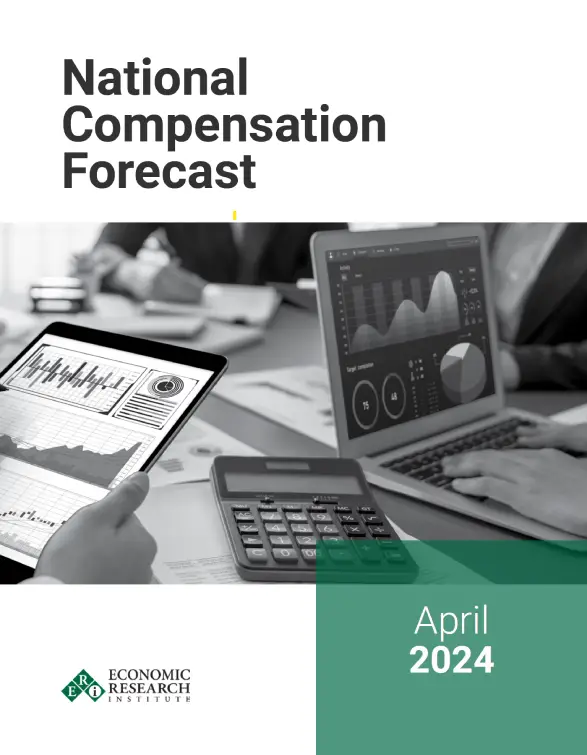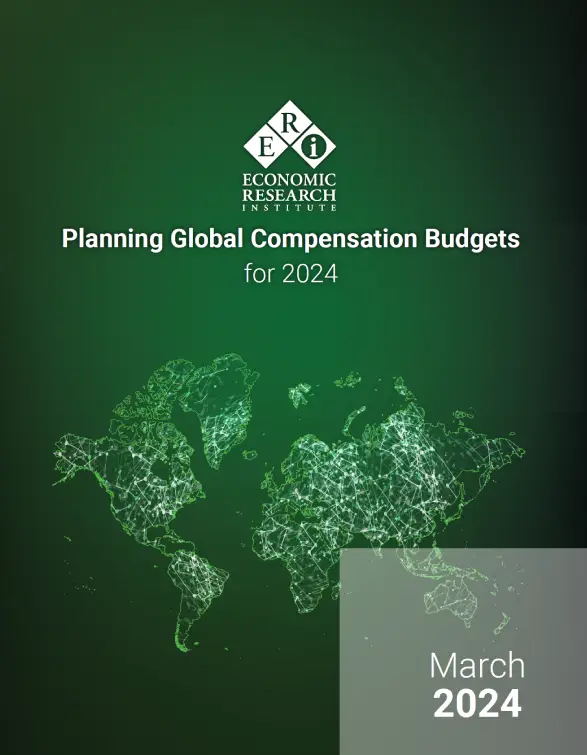Citigroup’s shareholders recently voted “No” to CEO Vikram S. Pandit’s $14.85 million in compensation. Although the bank’s 2011 net income was $11.1 billion, a 4.4% increase over 2010, Citi garnered a mere 45% approval for the executive compensation recommendations. Looking at the total compensation of some of the direct competitor peers for the same period shown below, CEO Pandit’s package doesn’t seem unreasonable.
- American Express K.I. Chenault $23.03 million
- Bank of America Brian T. Moynihan $8.08 million
- Goldman Sachs Lloyd C. Blankfein $14.11 million
- JP Morgan Chase James Dimon $23.10 million
- Wells Fargo John Stumpf $19.84 million
Let’s take a deeper look into what may have triggered the “No” vote.
- The day before the 2012 shareholders’ meeting, Citigroup posted a 2% net income decrease for the first quarter compared to first quarter 2011.
- As of March 2012, Citi may have to pay a $285 million penalty pending final court rulings. Citigroup is charged with misleading investors in a $1 billion derivative deal tied to the housing market and then betting against investors when there were signs of distress. Citi profited $160 million, while investors lost $700 million.
- Also in March 2012, the Federal Reserve stopped the company from paying higher dividends on the basis that Citi wasn’t financially strong enough. This decision came after CEO Pandit announced a commitment to raise dividends.
- Institutional Shareholder Services (ISS) recommended that investors vote against Citi’s compensation package primarily because Pandit’s retention pay ($40 million potential value in equity awards over a three-year period) was not linked to any financial metrics.
- Citi’s stock price is currently hovering at $35/share, whereas in pre-financial crisis (before 2008) stock price was closer to $45/share.
In light of some of these factors, the “No” vote doesn’t come as a surprise. Citigroup’s board is planning to reach out to key shareholders in an effort to better understand the reasons for the negative vote, which, in turn, may affect changes in the compensation recommendation moving forward.



